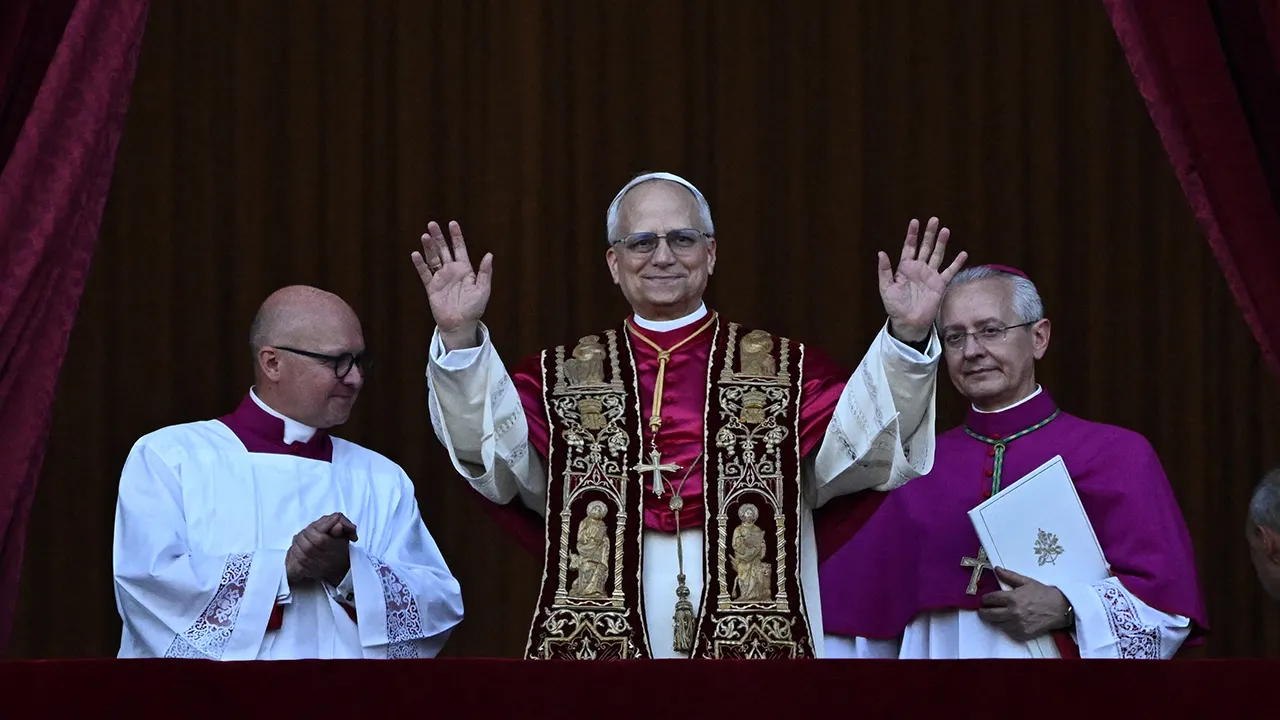New pope is American born, but isn’t sitting well with some ‘America First’ leaders

The morning after his election, Robert Prevost, now Pope Leo XIV and the first American pontiff in the Catholic Church’s 2,000-year history, presided over his first Mass at the Vatican’s Sistine Chapel. In his homily, he emphasized the importance of faith and mercy, highlighting the crisis of religious faith as a contributing factor to the neglect of mercy and violations of human dignity in society.
Pope Leo XIV, a Chicago-born Cardinal who has spent much of his adult life in Peru, is seen as aligning himself with the more inclusive and progressive wing of the Catholic Church, following in the footsteps of his predecessor, Pope Francis. However, his stance on issues such as illegal immigration, gun control, and police brutality has sparked controversy among some conservative circles in America.
President Donald Trump, a vocal supporter of the “America First” movement, praised the selection of Pope Leo XIV as the first American pontiff. Vice President JD Vance also congratulated the new pope and expressed hope for his successful leadership of the Church.
Despite the positive reactions from some American leaders, criticism of Pope Leo XIV’s past statements on immigration and police brutality has emerged from figures like Steve Bannon and Joey Mannarino. However, others like Charlie Kirk and Hugh Hewitt have expressed a more measured and receptive view of the new pope.
With Trump capturing nearly 60% of the Catholic vote in the previous presidential election, the selection of Pope Leo XIV is seen as significant for American Catholics. While some, like former New Hampshire state House Speaker Bill O’Brien, may have reservations about the new pope’s political views, there is optimism about his potential as a leader within the Church.
As Pope Leo XIV begins his papacy, there is a mix of anticipation and scrutiny surrounding his positions on key issues. Whether he will uphold traditional doctrines or advocate for more progressive policies remains to be seen, but his background as an American pontiff is a historic moment for the Catholic Church.




